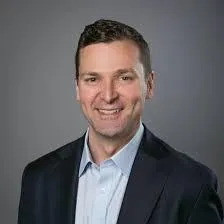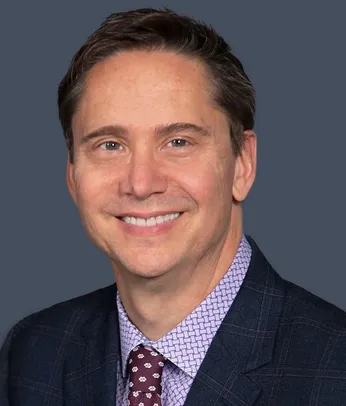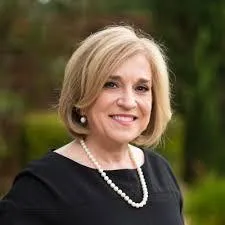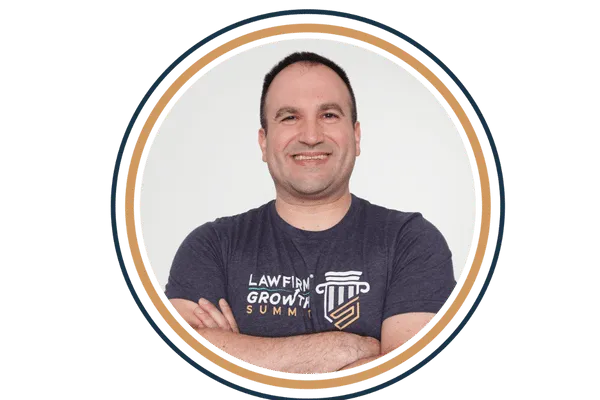Modern Strategies and Online Communities for Law Firms
Gyi Tsakalakis founded AttorneySync, he is familiar with the unique considerations of ethically and effectively marketing a law practice online.

Gyi Tsakalakis founded AttorneySync, he is familiar with the unique considerations of ethically and effectively marketing a law practice online.

Before the launch of Sullivan on Comp in 2011, Mr. Bell served as the executive director at Michael Sullivan & Associates LLP

She is an entrepreneur and attorney, the founder and CEO of Solano Law Firm where her company helps immigrants build a better future int he United States.

Kay Van Wey is a highly regarded attorney known for her expertise in personal injury cases involving healthcare providers, and life-altering injuries.

Moshe Amsel is the host of the Profit with Law Podcast and the Law Firm Growth Summit. He helps law firm owners grow their practice with a focus on creating generational wealth.

Molly McGrath has coached, consulted and directed presidents and founders of national organizations and over 4,000 law firms in.